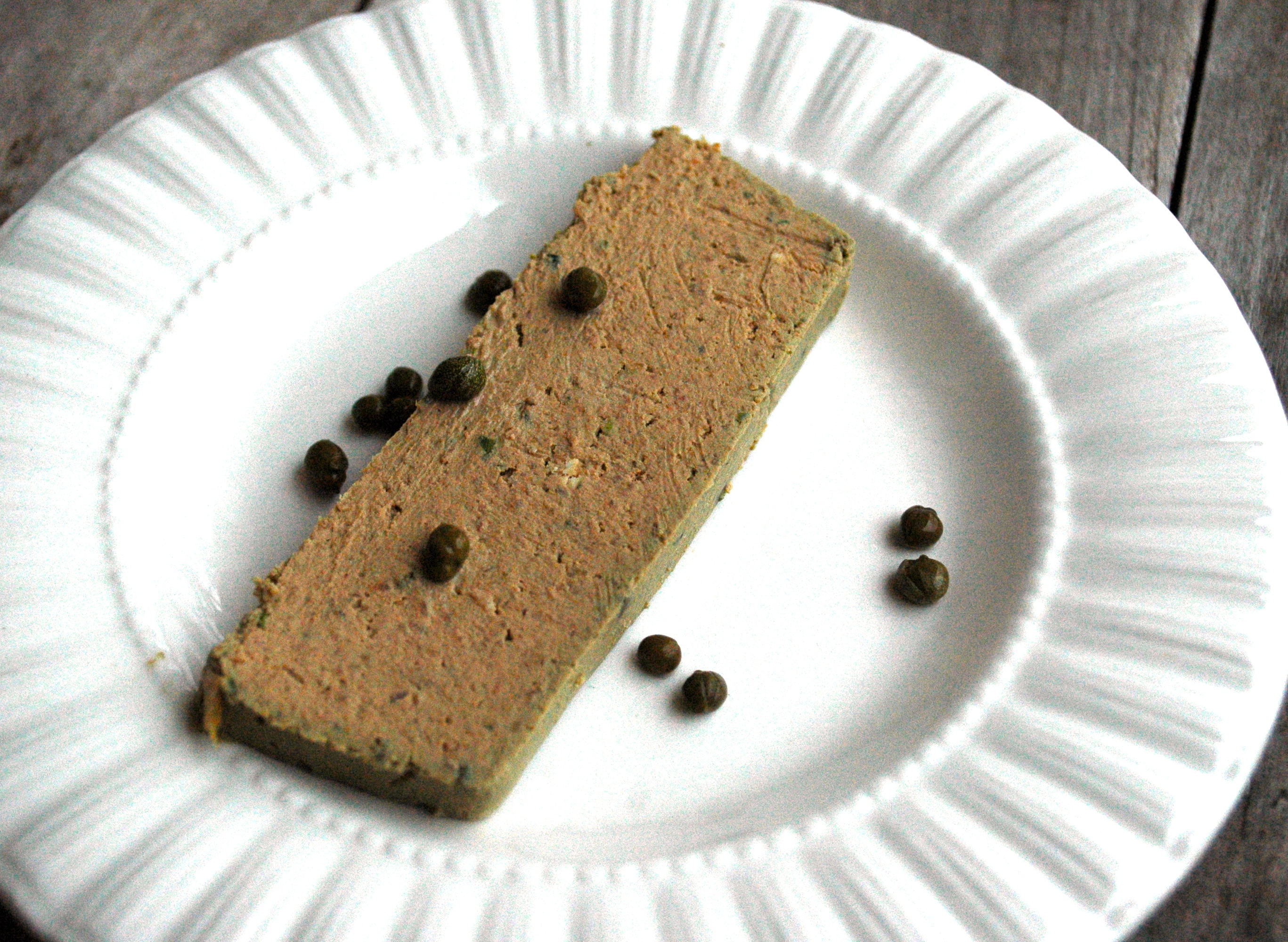Two simple ways to make foods you're already feeding your kids more nutritious
Do you ever wonder how recipes and food processes were first developed? Take pickling, for example. Did one prehistoric day someone discover a stray cucumber that had fallen unperceived months before into some casual vat of brine or vinegar and say, “Say, this thing has been in here since the last harvest was brought in! It actually smells good! It seems crispy! Say, this tastes good!” Or what?
How did people first discover how to make dough rise? Or how to make cheese and some of the more surprising variations thereof? And how about those real-life dramas we’ll never hear about how early peoples figured out what was poisonous or not?
Fictionalized accounts of these accidental or ingenious food discoveries would fascinate me. Maybe that’s where my buried fictional talent lies: the untold imagined stories…
read more



Recent Comments